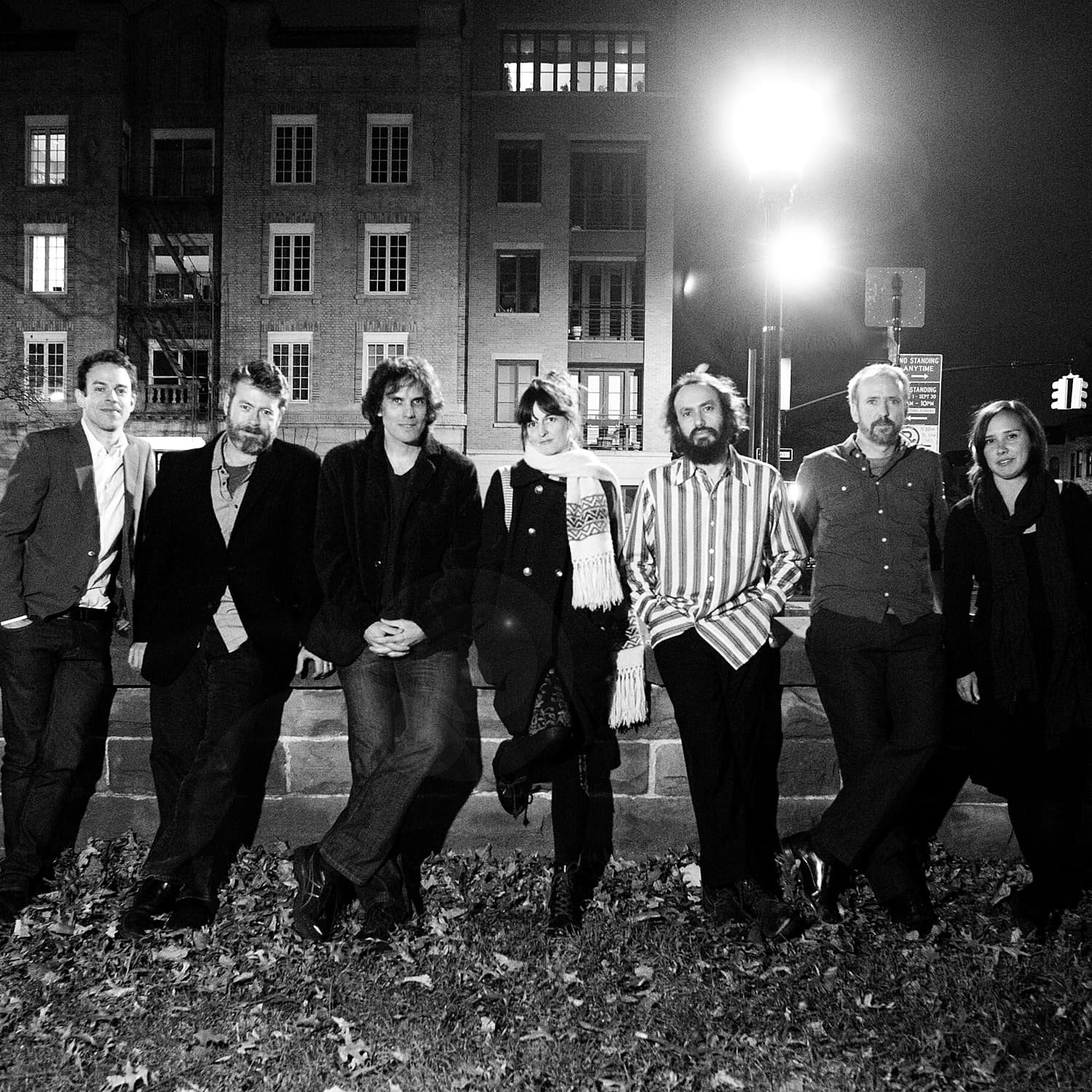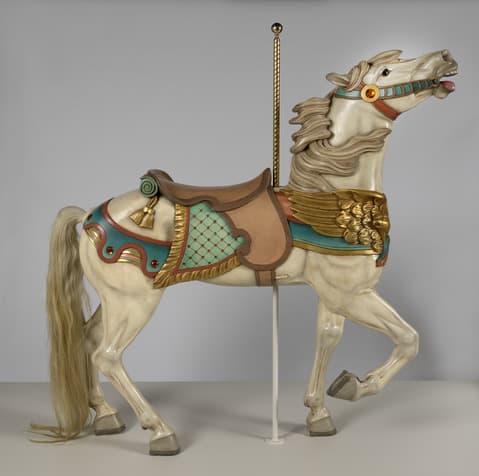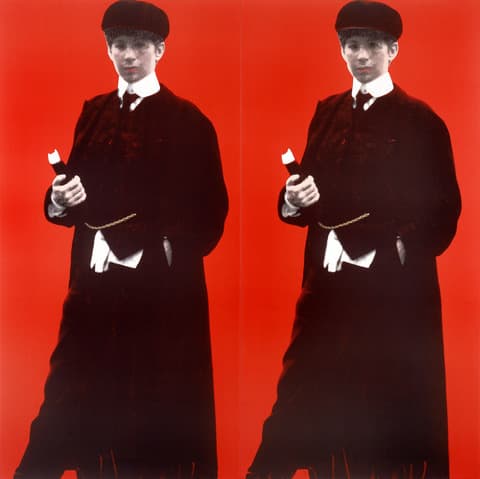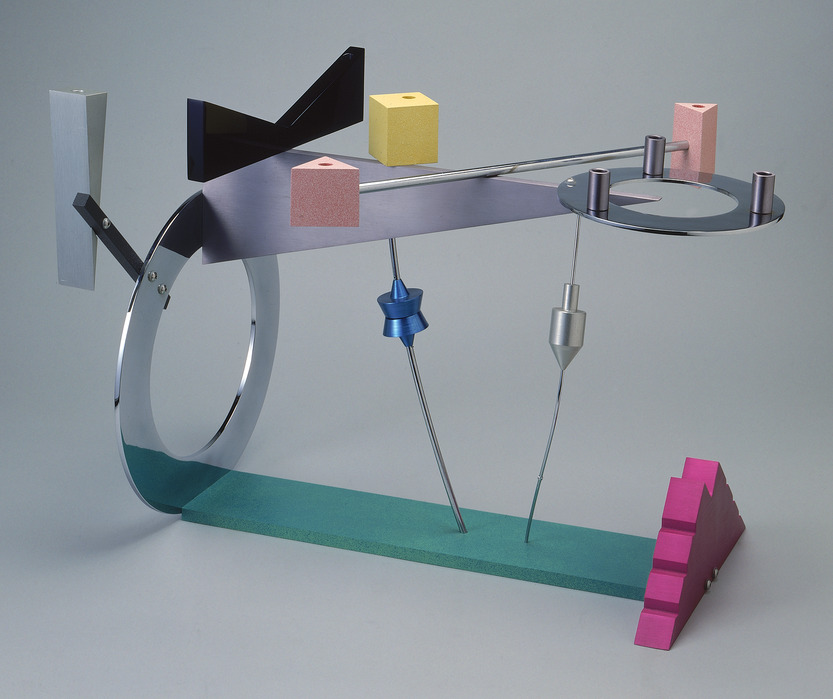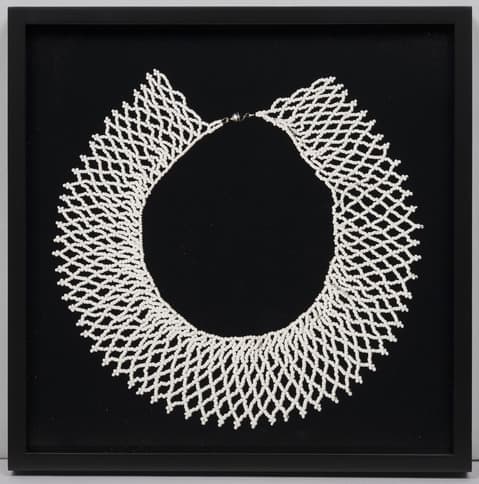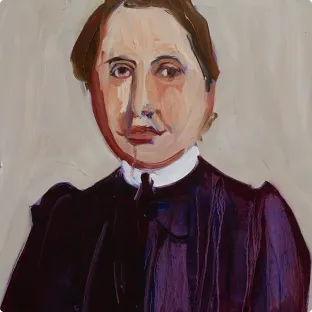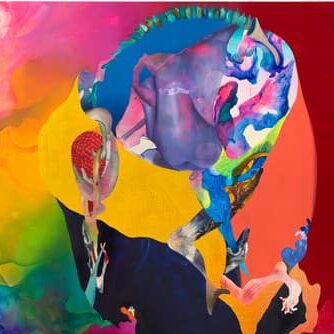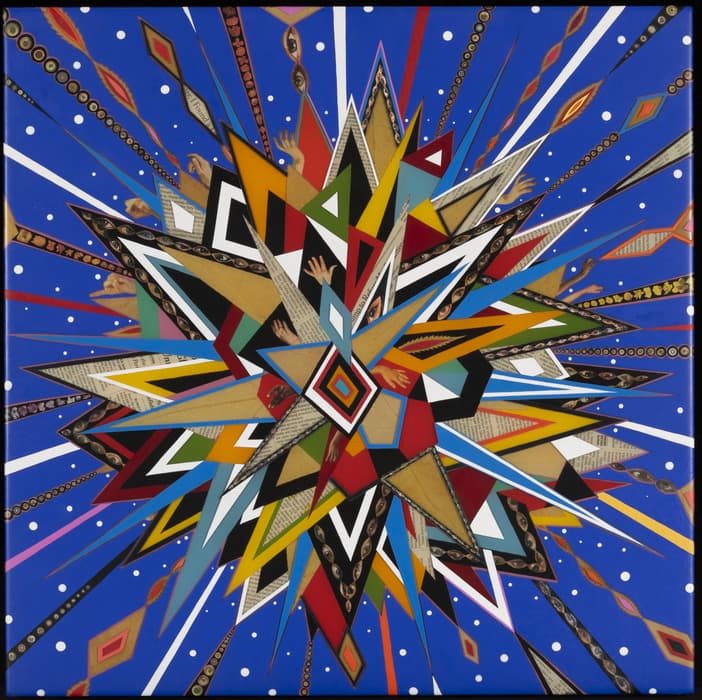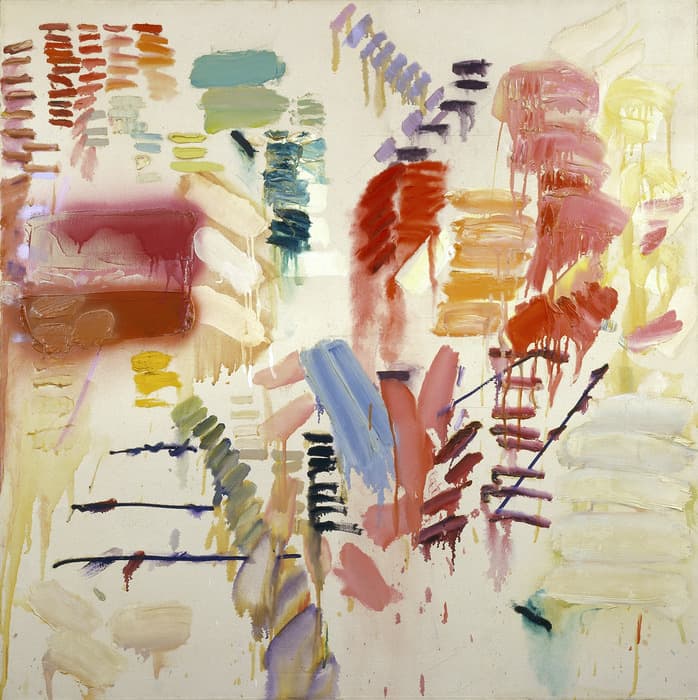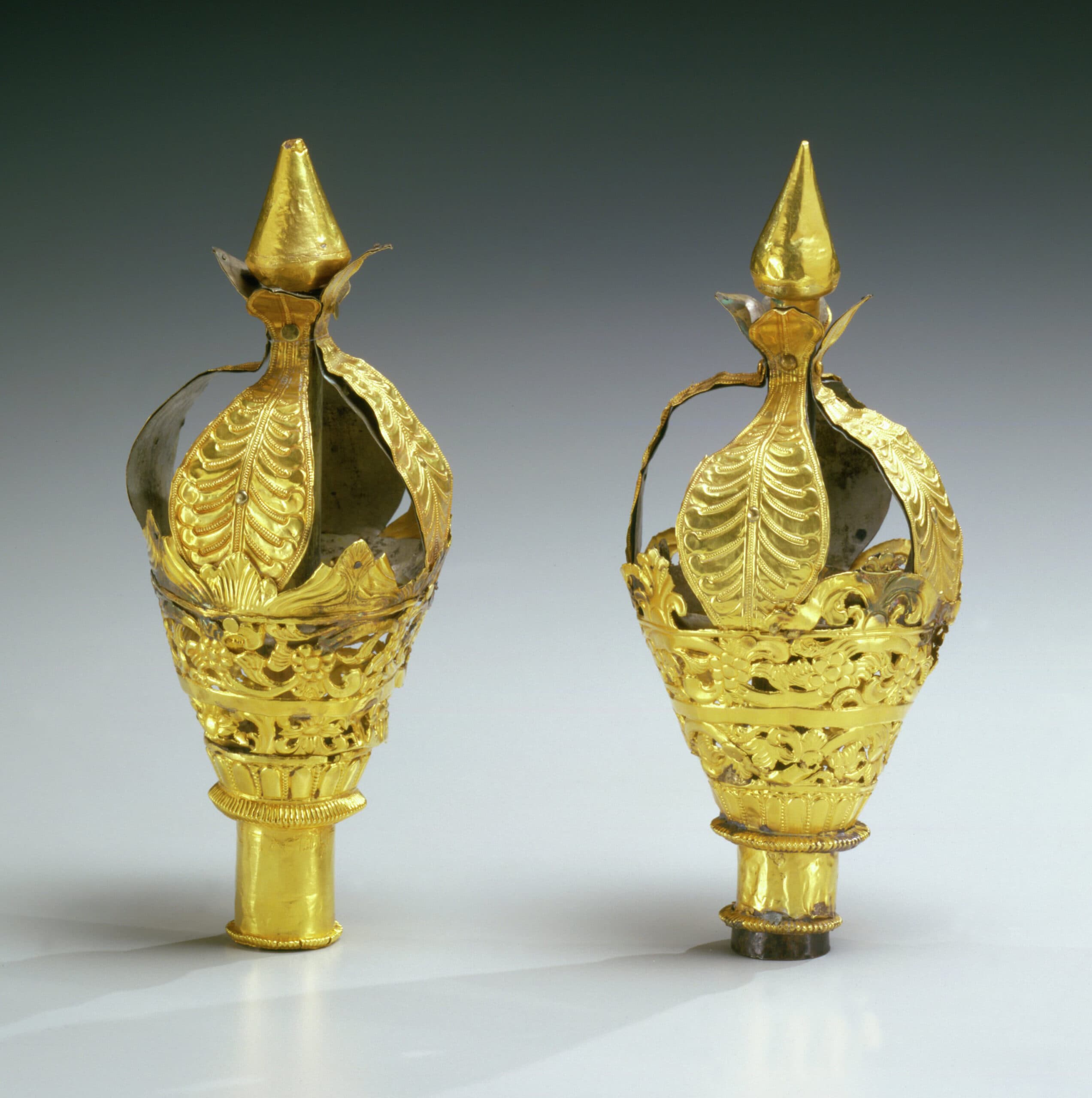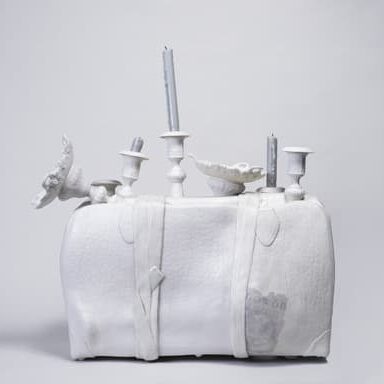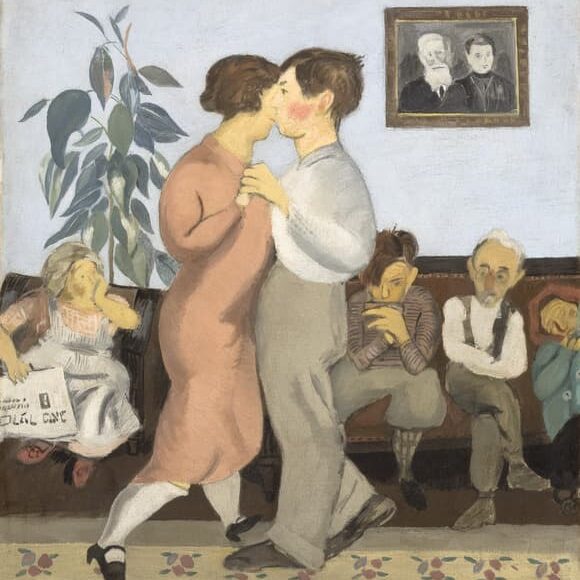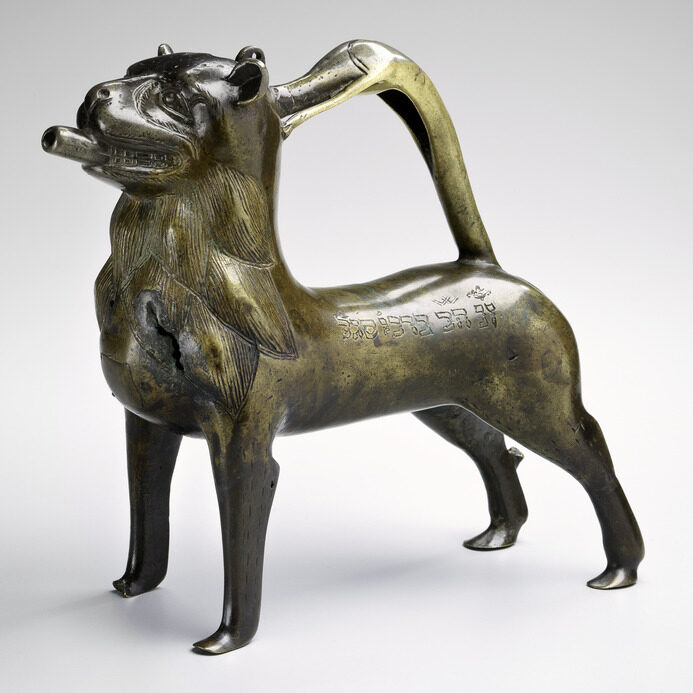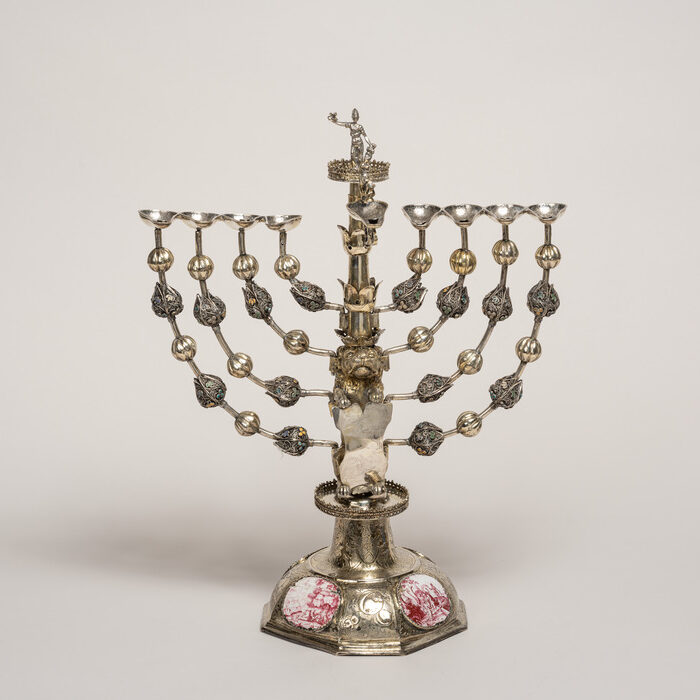Performance
Reaching Across a Thousand Darknesses: Paul Celan Centennial Concert and Reading
This program is at capacity. If you have questions or would like to receive advance notification about future programs, please email [email protected].
The William Petschek Family Music Program
This event celebrates the centennial of Paul Celan, the Romanian Jewish Holocaust survivor who is widely regarded as one of the greatest poets of the 20th century. The program features two riveting Celan-inspired works composed by the sui generis composer John Zorn: Zeitgehöft—72 anamneses of Paul Celan (2013), performed by Chris Otto, violin, and Jay Campbell, cello, and Shibboleth (1997), a studio recording accompanied by readings of Celan poetry by Anna Kohler; a rare performance of Force of Light, a song-cycle incorporating Celan’s poetry by the eclectic New York-based ensemble Barbez (Pamelia Stickney, Danny Tunick, Peter Hess, Sarah Bernstein, Peter Lettre, Dan Kaufman, and John Bollinger), with special guest David Cale reading excerpts of Celan’s poetry; and reflections on Celan’s life and legacy by Pierre Joris, an award-winning poet and translator who has rendered virtually all of Celan’s written work into English.
Celan was born on November 23, 1920 into a Jewish family in Czernowitz, an ethnically diverse city near the border of Romania and Ukraine. In the summer of 1942, the Nazis and their Romanian allies initiated a roundup of the Jews of Czernowitz, and Celan’s parents were deported to a concentration camp in Ukraine. His father died there of typhus, and shortly afterward, his mother was shot and killed by a guard. Though Celan escaped the roundup in which his parents were captured, he was sent to a forced-labor camp in southern Romania, and he spent nearly two years in a series of labor camps across the country. “Death Fugue,” Celan’s early masterpiece about the Holocaust, is marked by bitter lyricism and great precision. His later work, though filled with daring new words and constructions and often distilled to just a few lines, maintained that same lyrical, yet unsparing truth-telling.
After the war, Celan fled Romania for Paris. He wrote deliberately and with great anguish in German, his mother tongue. In a speech to a German audience in 1958, he said, “A poem, as a manifestation of language and thus essentially dialogue, can be a message in a bottle, sent out in the—not always greatly hopeful—belief that somewhere and sometime it could wash up on land.” Originally postponed due to the pandemic, this program is inspired by that hope.
Advance program ticket reservation required; includes Museum Admission. Doors open at 3:30 pm and masks will be required during the performance.
Ticket purchase includes same day admission to the Museum’s galleries. If you do not receive your email confirmation within ten minutes, please check your spam folder and mark the email “not spam.”
